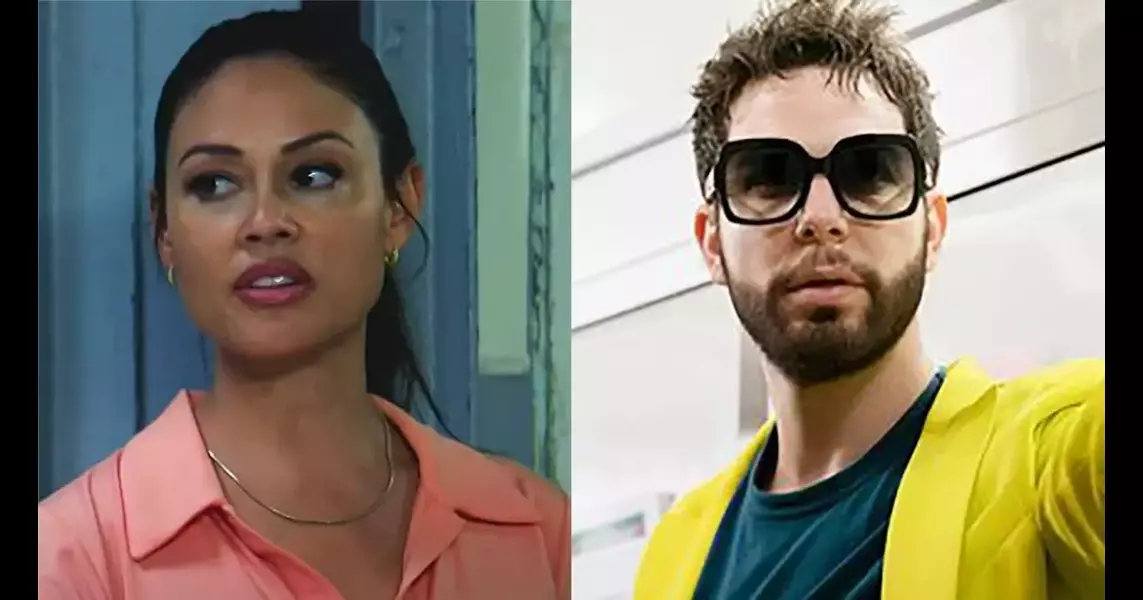CBS Head Honcho Admits ‘Probably Any Other Year’ So Help Me Todd And NCIS: Hawai’i Would Not Have Been Canceled. Not Gonna Lie, It Hurts

The Tough Choices Behind Network TV's Cancelation Conundrum
The 2024 TV season has been marked by a wave of high-profile show cancelations, with CBS bearing the brunt of the cuts. From the NCIS and CSI franchises to the fan-favorite So Help Me Todd, the network has had to make some difficult decisions in the face of a changing television landscape. In a candid interview, CBS Studios President David Stapf shed light on the factors behind these tough choices, offering a glimpse into the complex realities of modern network programming.Navigating the Shifting Tides of Network Television
The Loyal Audience Dilemma
CBS has long been known for its ability to cultivate loyal, long-term audiences, a double-edged sword in the current TV landscape. While this dedicated viewership is a testament to the network's programming prowess, it also means that there are fewer open slots for new content. When the network wants to introduce fresh shows like the upcoming Matlock or NCIS: Origins, it often has to make the difficult decision to cancel existing fan-favorites to make room.This delicate balancing act is further complicated by the changing nature of television consumption. In the past, CBS could experiment with new shows during the midseason, allowing some established programs to take a break. However, as Stapf noted, these midseason slots have become increasingly scarce, forcing the network to make tough choices about which shows to keep and which to let go.
The cancelation of beloved series like NCSI: Hawai'i, CSI: Vegas, and So Help Me Todd has understandably sparked outrage among devoted fans. The campaigns to save these shows, such as the popular #SaveNCISHawaii movement, are a testament to the emotional investment viewers have in their favorite programs. Stapf acknowledged the difficulty of these decisions, admitting that in any other year, these fan-favorites may have been renewed.
The Streaming Shift and the Changing Landscape
The rise of streaming platforms has also had a significant impact on the traditional network television model. With more options available to viewers, the competition for attention has become increasingly fierce. Streaming services often have the luxury of experimenting with new shows, sometimes at the expense of established network programs.Stapf's comments about the cancelations highlight the delicate balance that networks must strike between maintaining their loyal audiences and adapting to the evolving media landscape. While the decisions to cancel these shows may have been difficult, they reflect the realities of the modern television industry, where tough choices must be made to pave the way for new and innovative content.
The Unpredictable Nature of the Industry
Stapf's acknowledgment that these shows may have been renewed in any other year serves as a sobering reminder of the unpredictable nature of the television industry. The timing of a show's development and the availability of network slots can play a crucial role in its fate, as evidenced by the potential scenarios where NCIS: Hawai'i or So Help Me Todd could have continued their runs.This underscores the inherent uncertainty that comes with investing in a television career or becoming a devoted fan of a series. As Stapf noted, the television landscape is constantly evolving, and even the most beloved shows can fall victim to the shifting tides of network programming decisions.
While the cancelation of these shows may be a disappointment for fans, it is important to recognize the complex factors that contribute to such decisions. Networks like CBS must navigate a delicate balance between maintaining their loyal audiences and adapting to the changing media landscape, often making tough choices that can have a significant impact on the lives of both viewers and industry professionals.